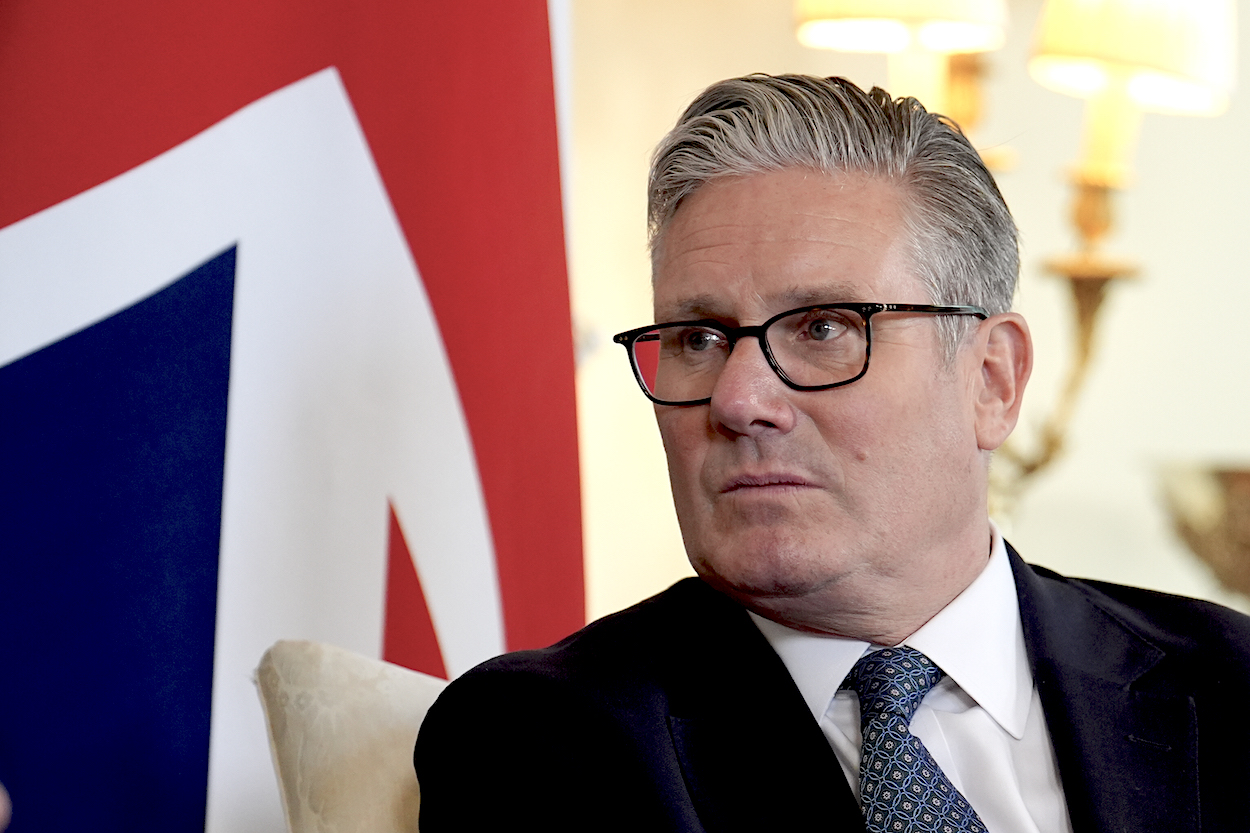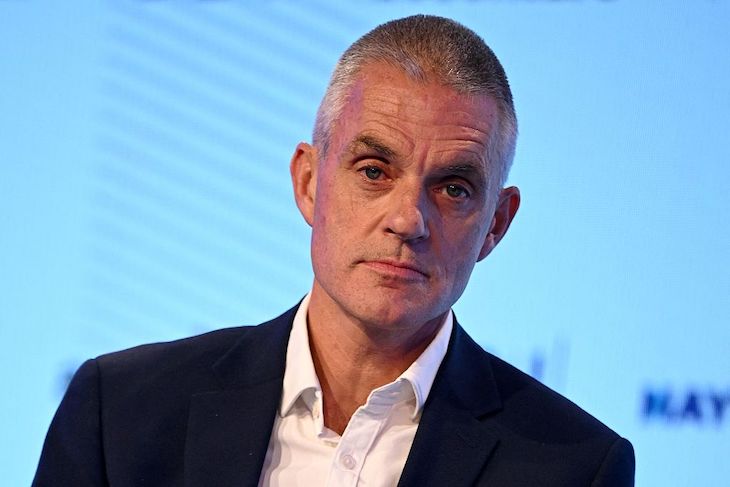This evening, Keir Starmer has announced he does want a national inquiry on grooming gangs after all. The Prime Minister had tasked Baroness Casey to conduct a rapid review of the evidence available on the scale of these crimes committed by gangs – and her review is expected to conclude on Monday that there needs to be a full public inquiry.
Starmer said today that Casey had also changed her mind on whether such an investigation was necessary, arguing: ‘She’s come to the view there should be a national inquiry on the basis of what she’s seen. I’ve read every single word of her report, and I’m going to accept her recommendation. I think that’s the right thing to do, on the basis of what she has put in her audit. I asked her to do that job, to double-check on this.’
In the months after Starmer had commissioned Casey, ministers had dropped hints that a full public inquiry might still be on the cards, saying they wanted to do the best thing that would allow them to understand the full scale of grooming gangs, and to bring both the perpetrators and those who had looked the other way to justice. That had been a significant softening of the initial adamance from Starmer and other senior government figures that putting a national inquiry on a statutory footing would in fact slow down justice and accountability.
The reality is that whatever the format of an inquiry – whether locally focused, nationally focused, non-statutory, statutory, long-running or rapid – it is perfectly possible, in fact totally normal, for justice not to be served, and for the lessons that everyone fervently promises at the outset to learn to remain merely proposals. Nigel Farage pointed to this in his response when he said: ‘A full statutory enquiry, done correctly, will expose the multiple failings of the British establishment. I repeat the words “done correctly”– this cannot be a whitewash.’
‘Whitewash’ is a popular political word, but even truly revelatory inquiries can still quite easily be ignored by the establishment – or, if not ignored, then implemented so slowly that similar scandals end up occurring in the meantime. Starmer’s U-turn is politically significant, particularly given it is another example of the government responding to pressure from Reform. But in policy terms it is still largely meaningless.









Comments